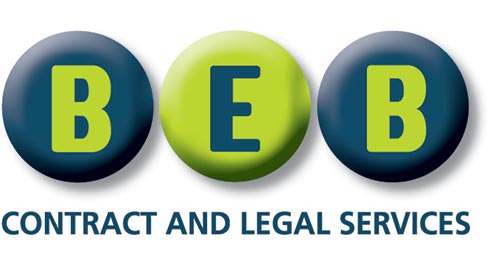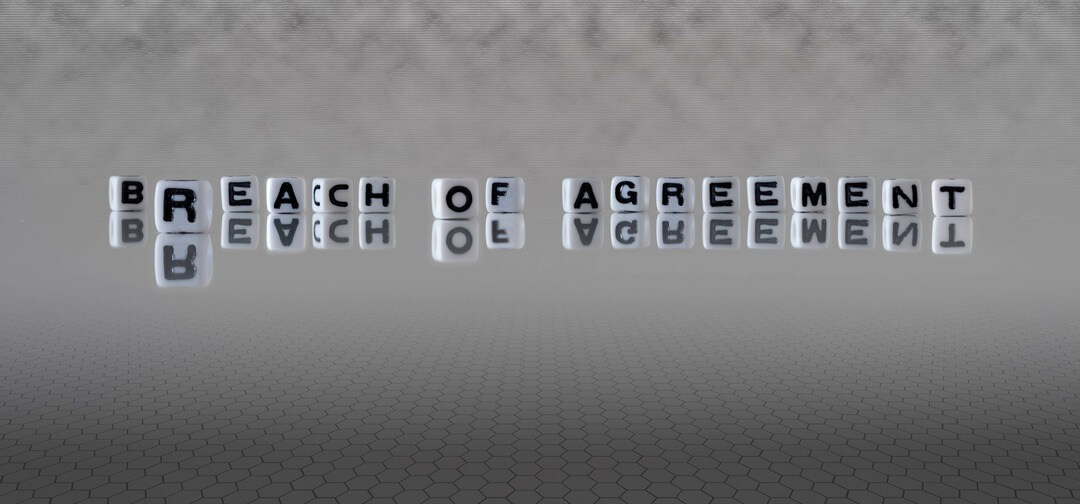Misunderstandings are a common occurrence in relationships, be they personal or professional. In personal connections, these misinterpretations can often be resolved through communication and mutual understanding. However, in the business world, disagreements and misunderstandings can carry significant consequences. The stakes are notably higher, particularly when such conflicts lead to a breach of shareholder agreement.
The intricacies of corporate partnerships and the delicate balance of interests amongst stakeholders demand heightened precision and clarity in communication. Failure to address and resolve disputes promptly in the business sphere can result in financial losses and damage reputations and long-term partnerships.
The Role of a Shareholder Agreement
A shareholder agreement is a legally binding document outlining the rights, responsibilities, and relationships amongst shareholders in a corporation. This comprehensive contract typically addresses crucial aspects such as ownership percentages, decision-making processes, dispute-resolution mechanisms, and the transfer of shares. It serves as a vital tool in establishing a framework for collaboration and ensuring a smooth operation of the business.
In the UK, businesses are not legally required to have a formal shareholder agreement as the Companies Act 2006 governs the rights and obligations of stakeholders. Nevertheless, it is advisable for companies with more than one shareholder to have a written agreement in place.
Significance of a shareholder agreement in corporate governance
The shareholder agreement plays a pivotal role in shaping the dynamics of corporate governance. Clearly defining each shareholder’s roles and powers establishes a structured governance framework that fosters transparency and accountability. This document becomes particularly crucial in closely held or family-owned businesses where relationships can intertwine with ownership, helping to prevent conflicts and promoting a fair and efficient decision-making process.
Furthermore, a shareholder agreement provides a roadmap for addressing potential scenarios. It ensures the company can navigate challenges and changes while preserving the interests of all stakeholders.
Consequences of shareholder breaches/disputes
The absence of a shareholder agreement can expose a company to significant risks in the event of disputes or breaches. Without a predetermined mechanism for conflict resolution, shareholder disagreements may escalate, potentially leading to legal battles, financial losses, and operational disruptions.
Breaches can have severe consequences. In the absence of a clear contractual foundation, resolving such conflicts becomes more complex, often resulting in protracted legal proceedings and damage to the overall stability and reputation of the business. Therefore, implementing a well-crafted shareholder agreement is not only advisable but also crucial to mitigating these risks and ensuring the smooth functioning of a corporation.
Understanding Shareholder Agreement Breaches
A breach of shareholder agreement occurs when one or more parties involved in a company’s shareholder agreement violate the terms and conditions outlined in the contractual document. These breaches can manifest in various forms, such as unauthorised share transfers, failure to adhere to decision-making protocols or other actions contradicting the agreed-upon terms amongst shareholders. Clarity and specificity in the shareholder agreement are crucial for determining the existence of a breach.
Consequences and legal implications
The consequences of shareholder agreement breaches can be far-reaching and may have significant legal implications. Violations can lead to disputes, financial losses, and disruptions in business operations. Legal actions may be taken to enforce compliance with the agreement, seeking remedies such as injunctions, damages, or specific performance.
The severity of consequences often depends on the nature and extent of the breach. For example, more egregious violations can result in the expulsion of the offending shareholder or dissolution of the business.
Importance of timely detection and resolution
Timely detection and resolution of shareholder agreement breaches are paramount for maintaining the stability and integrity of a company. Swift identification of breaches allows for prompt intervention and mitigates the risk of escalating conflicts. Timely resolution is crucial to prevent prolonged disruptions and legal battles that could harm the company’s reputation and financial well-being.
Proactive measures also contribute to the early detection of potential breaches, enabling the company to address issues before they spiral into more significant challenges.
Common Causes of Breaches in Shareholder Agreements
Several factors can contribute to breaches in shareholders’ agreements. Below are a few of them:
1. Lack of clarity in agreement terms
One prevalent cause of breaches in shareholder agreements stems from a lack of clarity in the terms and provisions outlined in the document. Ambiguous language or poorly defined clauses can create confusion amongst shareholders, leading to misinterpretations and unintentional violations.
2. Changes in shareholder relationships
Shifts in interpersonal dynamics amongst shareholders can be a significant catalyst for breaches. Changes in personal relationships, conflicting interests, or evolving priorities may result in divergent views on the company’s direction. Regular communication and periodic updates to the agreement to reflect changing circumstances can help mitigate the impact of shifting shareholder relationships.
3. Communication failure
Communication breakdowns represent a common cause of breaches in shareholder agreements. Inadequate communication channels or a lack of transparency about business decisions can create misunderstandings and erode trust amongst shareholders. Establishing effective communication protocols is essential for fostering an environment where potential issues can be addressed proactively.
4. Financial strain on the company
Financial challenges within a company can put a strain on shareholder relationships and contribute to breaches in the agreement. Disagreements over budgetary decisions, resource allocation, or financial responsibilities may arise during periods of economic uncertainty. Robust financial planning, clear delineation of financial responsibilities in the shareholder agreement, and open dialogue about the company’s financial health can help prevent breaches stemming from economic pressures.
How to Prevent Shareholder Agreement Breaches
As a potential breach of shareholder agreement can have severe consequences, a proactive approach to preventing disputes and disagreements is an effective way to ensure business stability.
1. Drafting a clear and robust shareholder agreement
At BEB Consultancy, we believe the foundation for preventing shareholder agreement breaches lies in the initial drafting process. The agreement should outline ownership structures, decision-making processes, dispute-resolution mechanisms, and other critical aspects of shareholder relationships. Unambiguous language minimises the potential for misunderstandings, providing a solid framework for cooperative governance.
2. Conducting regular reviews and updates
Shareholder agreements should not be static documents. Rather, they should evolve in tandem with the business environment and changing dynamics amongst shareholders. Regular reviews and updates ensure the agreement remains relevant and reflects the company’s current state. This proactive approach allows stakeholders to address potential issues before they escalate.
3. Facilitating open communication
Open and transparent communication is essential to preventing shareholder agreement breaches. Establishing effective channels for communication amongst shareholders promotes a shared understanding of company goals and operations. Regular meetings, reporting mechanisms, and a culture of openness contribute to the early identification and resolution of potential conflicts.
4. Legal Counsel and Mediation
Engaging legal counsel in the drafting and interpretation of shareholder agreements, such as the service we offer at BEB, adds a layer of expertise and ensures legal compliance. In the event of disagreements, having a predefined mediation process within the agreement can facilitate amicable resolutions. Mediation, guided by legal professionals, provides a structured and neutral platform for shareholders to address disputes without resorting to prolonged and costly litigation, thereby safeguarding the overall health of the business.
Do You Have a Robust Shareholder Agreement in Place?
Navigating the complexities of shareholder agreements requires a strategic and proactive approach to mitigate potential breaches and their consequences on your business. From the foundational clarity of agreement terms and dynamic considerations of changing shareholder relationships to effective communication and vigilant financial planning, each aspect plays a crucial role. Furthermore, timely detection and resolution underscores the importance of a comprehensive and adaptable approach in ensuring your company’s longevity and success.
Next Steps?
If you need any more help with a Shareholder Agreement, speak to BEB.
We are contract law specialists based in Northampton. We draft bespoke and well written business contracts on a fixed price basis. Our legal packages offer flexibility depending on the number of documents you require. Whether you require a business to consumer or business to business contract we are here to help!
We are contract drafting and contract review providers. We can advise and negotiate all contracts to protect you from unfair terms and conditions as well as support you with any ongoing contractual issues – we would be like your very own comprehensive in-house legal department.
We also offer debt recovery services, relieving you from chasing late payments and improving your cash flow.
If you need any of these legal and contract services get in touch with us today on 01604 217365 or info@bebconsultancy.co.uk
Free Resources
Small Business Owners Guide to Contracts
The Construction Review Checklist
Online Courses

